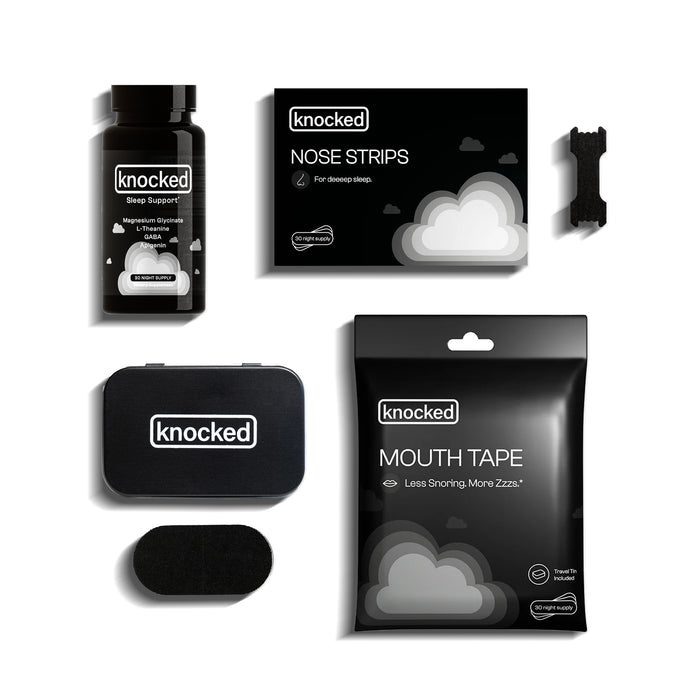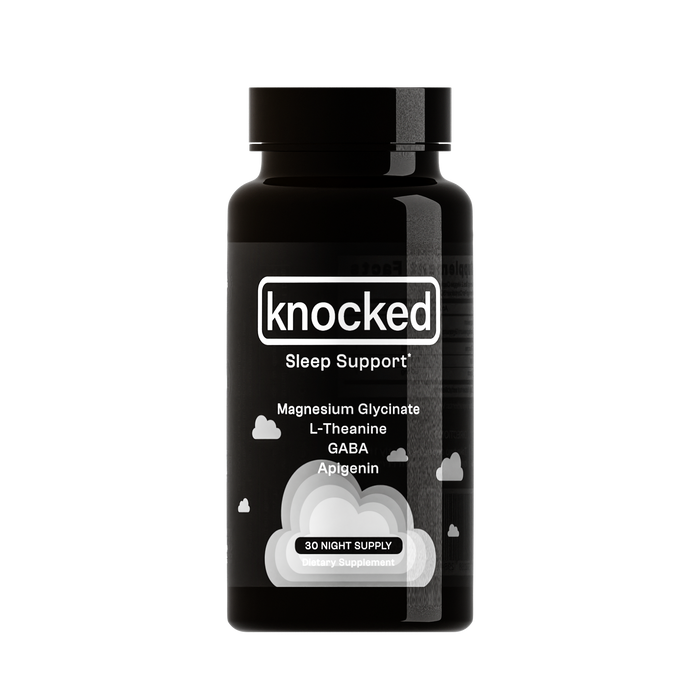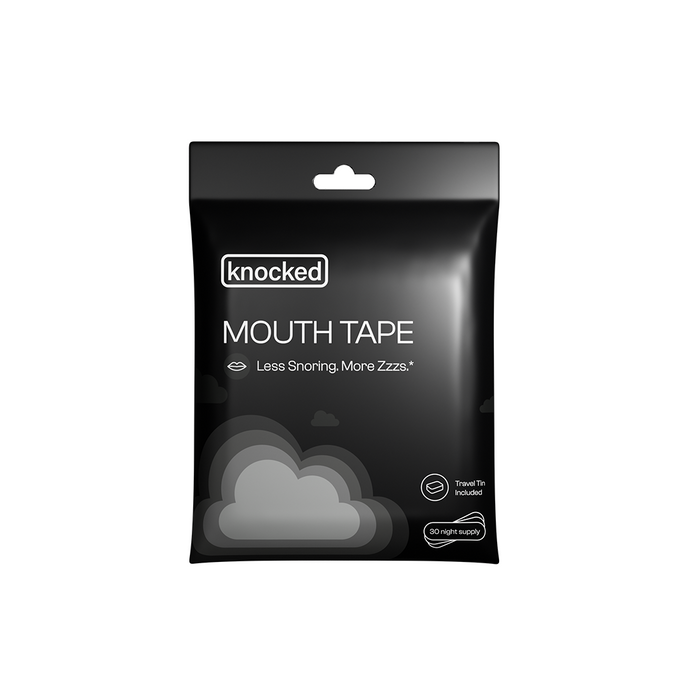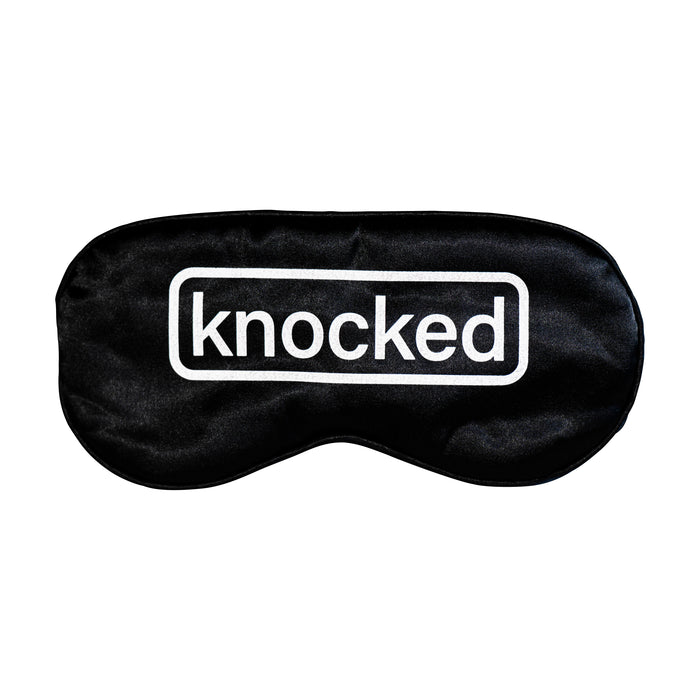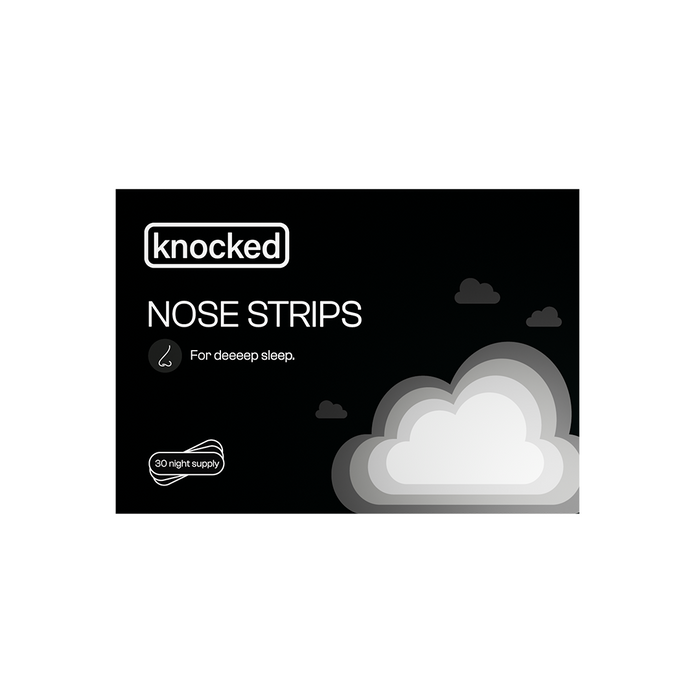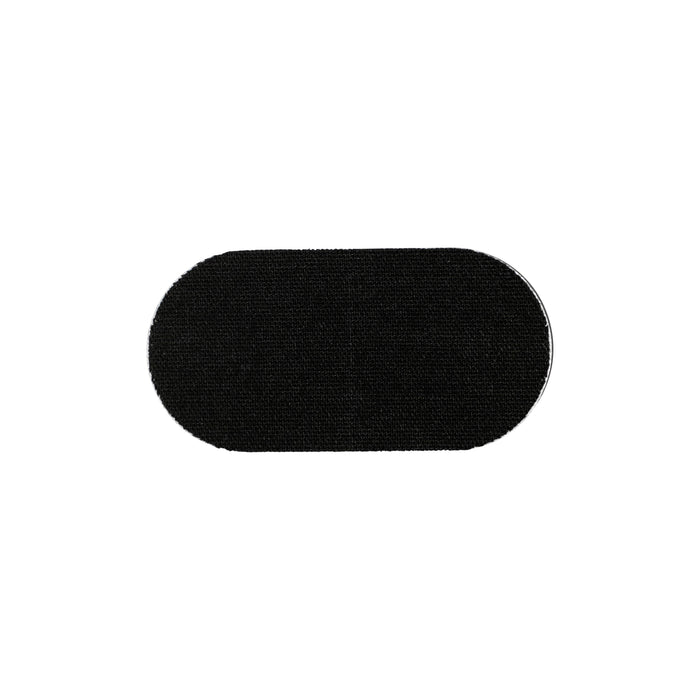

Trend Alert: The Benefits of Mouth Taping for Sleep—Understanding How it Improves Sleep Quality, Oxygenation, Digestion and Oral Health
Mouth taping is a technique that involves using tape to keep the mouth closed during sleep. This forces you to engage in nasal breathing. This technique is believed to have a number of health benefits, including:
- Improved sleep quality: Mouth taping can help improve the quality of sleep by reducing the amount of air that enters the mouth during sleep. This can help to prevent snoring, sleep apnea, and other sleep-related disorders.
- Better oxygenation: Nasal breathing is more efficient than mouth breathing, as it allows for better oxygenation of the blood. This can help to improve overall health and well-being.
- Improved digestion: Mouth taping can help to improve digestion by reducing the amount of oxygen that enters the stomach during sleep. This can help to reduce the risk of acid reflux and other digestive disorders.
- Better oral health: Mouth taping can also help to improve oral health by reducing the amount of dry mouth that occurs during sleep. This can help to reduce the risk of tooth decay and other oral health problems.
Overall, mouth taping is a simple and effective technique that can help to improve sleep quality, oxygenation, stress levels, digestion, and oral health. It's worth noting that mouth taping may not be suitable for everyone, and it's always best to consult with a healthcare professional before trying any new sleep aid or technique.
